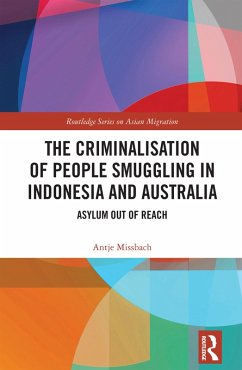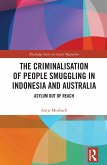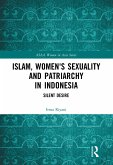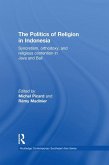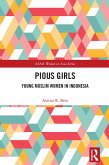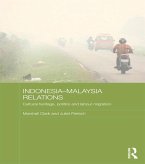Dieser Download kann aus rechtlichen Gründen nur mit Rechnungsadresse in A, B, BG, CY, CZ, D, DK, EW, E, FIN, F, GR, HR, H, IRL, I, LT, L, LR, M, NL, PL, P, R, S, SLO, SK ausgeliefert werden.
In an era where words such as 'migration' and 'smuggling' spark fierce political debates, public responses and, more often than not, negative media attention, Missbach brings a timely perspective to heated debates in a work that goes behind simplistic labels such as 'smuggler' to put names and stories to the many characters present along irregular migration routes. Her unique positionality, having worked on this subject for a significant period in Indonesia and Australia, adds a historical dimension as to how asylum has become ever more difficult for people in need of protection. Of note are the ways in which invasion angst is contextualised in this book, situated within a historical legacy of structural violence and her reflections on the broader political environment for people seeking asylum. The focus this text brings to the polarising topic of migration is a welcome rejoinder to assumptions about the financial benefits of smuggling and the notion of smugglers as 'big fish' who face no risks for their actions. [...] Perhaps the greatest impact of this book is to call into question the continual way in which smuggling is framed and offer methodologies for similar accounts in other contexts. By humanising the people behind the smuggling label and showing how this system operates in a country of transit, Missbach provides a timely and rich analysis of a feature of migration that regretfully shows no trend of abating in the near future. - Melissa Phillips, Journal of Intercultural Studies 2023
Antje Missbach's latest book brings together nearly a decade of empirical research on the interconnections between Indonesian and Australian border policing. In particular, she focuses on the criminalisation of people accused of facilitating irregular journeys between these two countries. A well-constructed and humanising critique of deterrence-based migration regimes, this book will be of interest not only to scholars working on this region, but also more broadly to those interested in the infrastructure of people smuggling networks and state efforts to stop irregular migration. - Victoria Taylor, Border Criminologies Blog, Oxford University, June 2024

